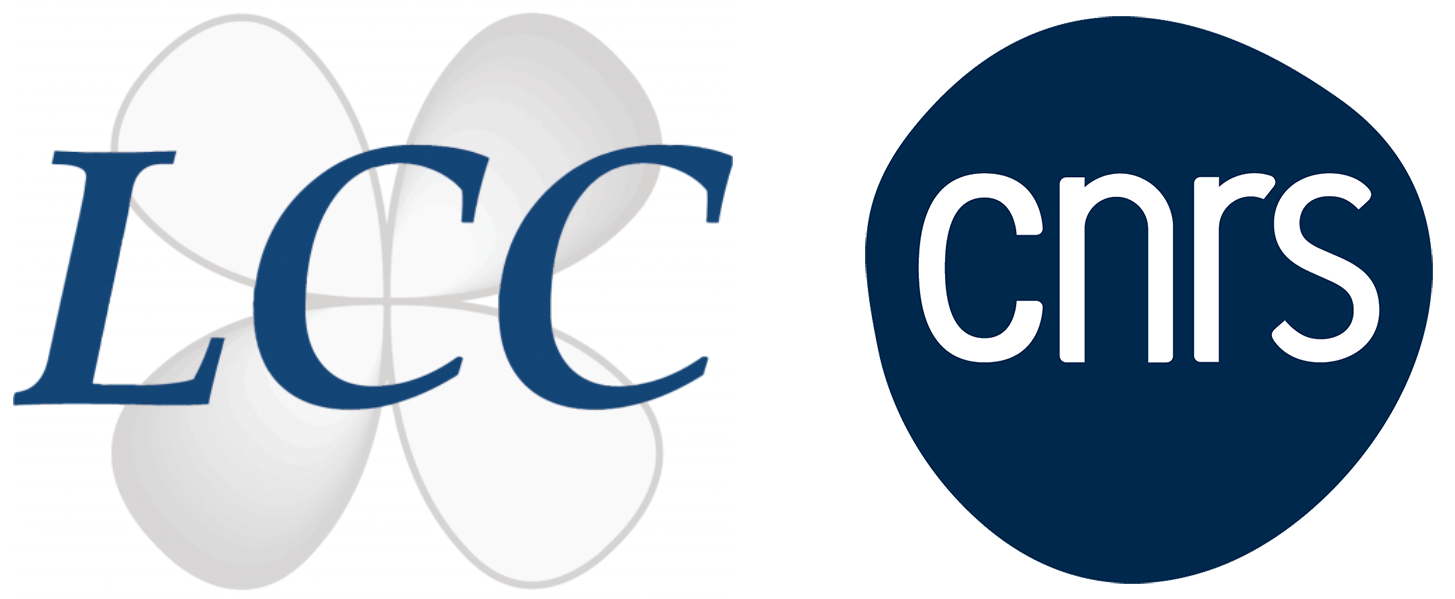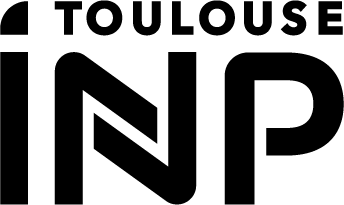LCC
Small therapeutic molecules
In recent years, the team has broadened its scope of activities and is developing projects focused on the design of small molecules with biological activity. Two main research directions are being explored: on the one hand, the development of targeted protein degradation strategies through PROTACs for cancer treatment, and on the other hand, the synthesis of unsaturated small molecules, lipidic or not, to evaluate their therapeutic potential, particularly for anticancer and anti-infectious applications. The start-up B Molecular, issued from the team’s activities, develops specific molecular tools for capturing proteins for therapeutic purposes.
PROTAC and AUTOTAC
The development of chimeric molecules targeting proteolysis via the proteasome pathway (PROTAC) or autophagy (AUTOTAC) allows understanding the role of key factors in the development of multiple pathologies, including several types of cancer. The current objective of the team’s research in this direction is to improve the first PROTACs and AUTOTACs obtained, with the aim of applying them in the treatment of mantle cell lymphoma and pancreatic cancer, in collaboration with the Cancer Research Center of Toulouse (CRCT) and the Joseph Carreras Leukaemia Research Institute in Barcelona.
Unsaturated molecules
Unsaturated small molecules are designed to evaluate their therapeutic properties: on the one hand, bioinspired lipidic molecules are developed to assess their anticancer and anti-infectious activity; on the other hand, hybrid pro-drug molecules combining two bioactive unsaturated fragments are elaborated and investigated for their antitubercular properties.
LCC
Laboratoire de chimie de coordination du CNRS
205 route de Narbonne, BP 44099
31077 Toulouse cedex 4
France




